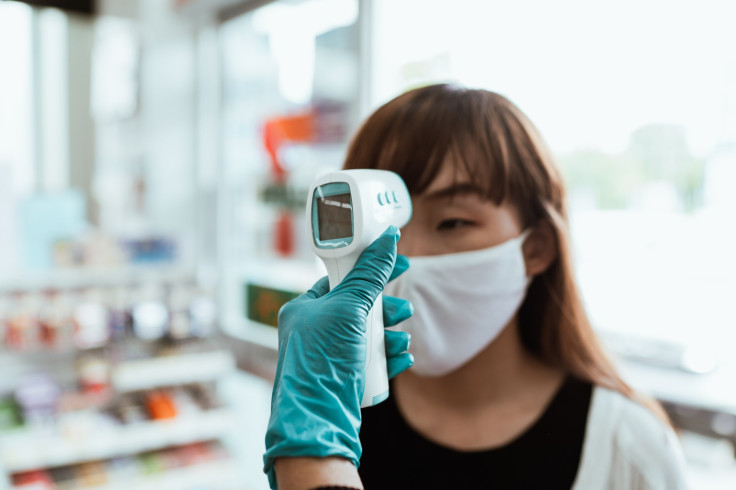Do Temperature Checks Violate EU Privacy Laws? Data Collected Could Be A Legal Risk
As European companies look to prevent the spread of the coronavirus among employees, they face potential privacy violations for taking temperature checks, a procedure that has been used to detect coronavirus symptoms, The Wall Street Journal said.
Temperature checks are being used around the world to allow employees to return to work sooner as part of an effort to reduce coronavirus throughout a building. While these scanners could prove helpful in detecting those that may be infected with the virus, they are also crossing the line of some of Europe’s privacy laws.
The EU General Data Protection Regulation says "personal data" is any information that relates to an identified or identifiable living individual (data subject) such as a name, email address, tax ID number and online identifier. "Processing" data includes actions such as collecting, recording, storing and transferring data.
Data provided from these scanners and thermometers often is stored as employers do their due diligence to keep their staffs safe, but complaints are stacking up across Europe where differing privacy laws prevail from country to country, the news outlet said.
In the last month, more than 100 organizations have reached out to Spain’s data protection regulator to ask about conducting temperature checks, Rafael García Gozalo, director of international relations for the agency, told the Journal.
“We’re aware of many companies that are including temperature checking in their plans to resume normal activity,” García Gozalo said.
García Gozalo’s also said the temperature checks are allowable if the focus is on broader safety measures, including social rules, healthcare referrals or provisions for protective equipment. He noted, however, a temperature check alone cannot determine if someone has the coronavirus.
Countries such as Belgium allow temperature checks but do not allow the data to be stored. In France, thermal cameras are not permissible, nor is recording results of temperature readings.
Privacy regulators have said they are leaving these issues up to local health officials to determine what safety measures are required to prevent the spread of the coronavirus, but many companies are still concerned about the legal ramifications, the news outlet reported.
“We’re not experts in health. We accept that and we devise our positions taking that into account,” García Gozalo added.

© Copyright IBTimes 2024. All rights reserved.





















